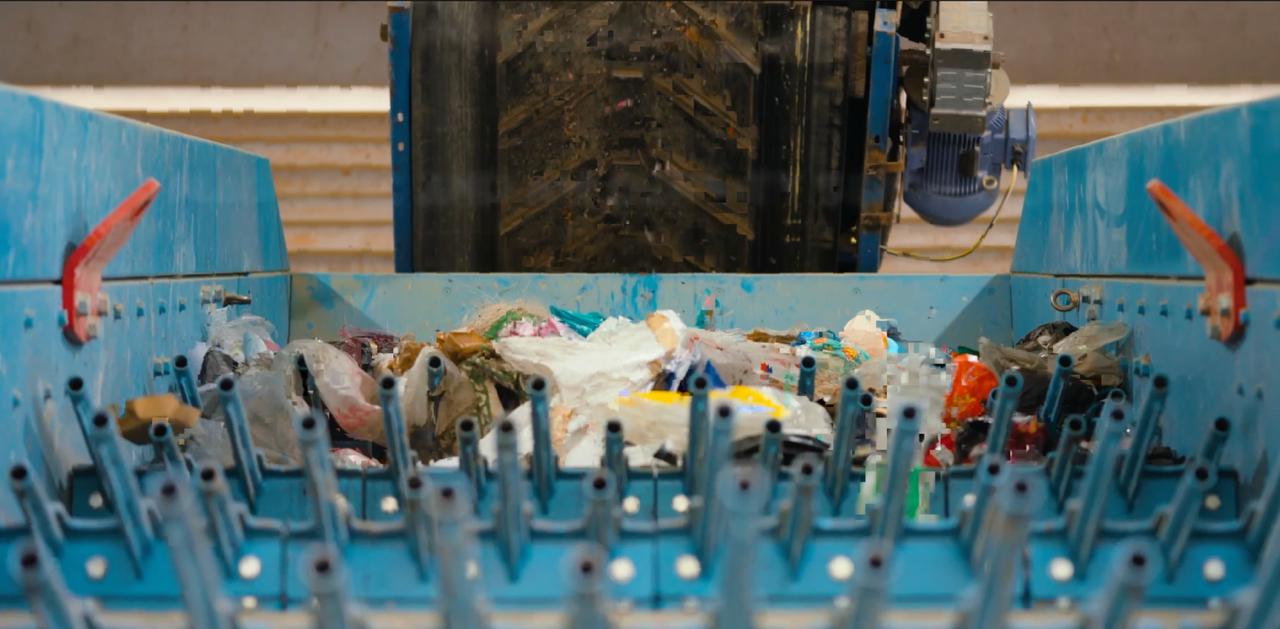Plastic Offsets as the New Carbon Credits? Prime Infra’s Waste Unit Supports Corporate ESG Strategies
- May 19, 2025
- 0

Prime Integrated Waste Solutions (PWS), a subsidiary of Razon-led Prime Infra, is positioning plastic credits as a practical tool in corporate decarbonization and ESG strategies—mirroring the growing role of carbon markets—by enabling companies to reduce plastic pollution and align with broader environmental goals.
Since launching its verified plastic credit offering in January, PWS has sold over one million credits—equivalent to removing the plastic waste weight of approximately 700 average-sized cars from the environment. The credits are generated through its materials recovery facilities (MRFs) in Cebu and Pampanga, which use advanced technologies to maximize recycling and minimize landfill use.
“Our goal is to help businesses integrate sustainability into their operations
Plastic credits from PWS support compliance with the Extended Producer Responsibility (EPR) Act, which requires companies to recover and account for a share of the plastic waste they generate. But beyond legal compliance, these credits are emerging as a new avenue for businesses to support environmental accountability.
Each credit issued is traceable and backed by a certificate detailing the type, volume, source, and diversion method of the recovered plastic. A digital platform ensures accurate, verifiable tracking in line with industry standards.
“With our modern, high-capacity facilities, PWS is uniquely positioned to generate verified plastic credits at scale and with greater efficiency, giving businesses a reliable partner for meeting their sustainability and EPR goals,” Peralta added.
By diverting plastic from landfills and reducing methane emissions from decomposing waste, PWS’ operations contribute to reducing environmental harm, reinforcing the value of these credits as part of climate-conscious corporate initiatives.
PWS also supports the shift to circular economy models by promoting resource recovery and responsible consumption. Unlike traditional offsets that focus on compensation, these credits fund actual waste diversion activities that produce measurable, localized impact.
Plastic credits are now available to businesses of all sizes across various industries, making it easier for companies without in-house recycling infrastructure to adopt meaningful sustainability practices.
As pressure grows for stronger corporate accountability in environmental performance, plastic credits offer a complementary tool to carbon markets—giving companies new options to demonstrate real-world impact in their ESG portfolios.
Follow Power Philippines on Facebook and LinkedIn or join our Viber community for more stories on how companies are tackling plastic waste and supporting the clean energy transition. Share your thoughts in the commen